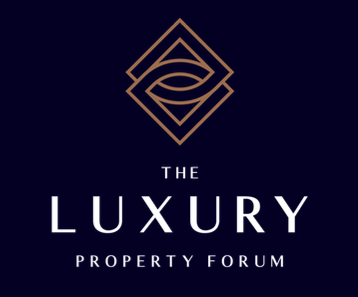Why Hotel Brands Must Do More: The Shift in Branded Residences Liaison
The branded residence market has reached a tipping point. With over 690 schemes worldwide and a combined value of more than $70 billion, hotel-branded real estate is no longer experimental - it’s a well-established, high-value asset class. But in today’s market, a luxury name above the door isn’t enough. Developers are asking: Where is the brand when we need to sell?
This question is at the heart of a powerful new report by Brett Gregory-Peake of Liaison, which examines a significant industry shift: hotel brands are being called to evolve from passive licensors to active partners. And for those in the luxury property sector, this shift presents a crucial opportunity and an urgent challenge.
Brett Gregory-Peake of Liaison
A New Standard for Success
As the report outlines, developers no longer just want logos—they want results. The focus has moved from brand presence to brand performance. It’s not enough to bring credibility; hotel brands must now bring contribution.
““Developers today aren’t just licensing names,”
“They are looking for hotel brands that can perform as commercial allies; brands that understand how to shape a product, speak to a buyer, and support a sales strategy that works.””
This means rethinking the brand’s role entirely. From initial concept to buyer conversion, hotel operators are expected to engage deeply with the sales and marketing process. The most effective ones are involved from day one—co-defining the residential product, crafting the value proposition, and generating qualified leads.
From Logo to Lead Generation
What separates successful developments isn’t just the prestige of the brand—it’s the alignment behind the scenes. A luxury name may still open doors, but traction requires tangible action.
“You can’t just license the brand and hope the project sells itself anymore.
Operators who apply a problem-solving attitude will always be preferred.”
Brands that rise to this challenge are activating CRM systems, leveraging guest databases, and integrating their physical properties—resorts, events, and member clubs—into the residential sales journey. They’re present not only in the design room, but in the pricing room and sales room as well.
“The way they package the offer with us - the go-to-market strategy, the buyer alignment, the marketing engine - is what makes the difference.”
A Call for Collaboration
In today’s luxury property landscape, hotel brands must show up as strategic collaborators—not just licensors. For developers, the benefits are clear: better buyer engagement, faster absorption, and reduced marketing costs. For hotel brands, it means more loyal homeowners who drive value back into the hospitality ecosystem.
But the partnership must be real. As the report states:
“If your name is on the building, the best approach is to absorb some of the risk and commit to a true partnership that helps all stakeholders achieve the intended outcome.”
Looking Ahead
This evolution in the branded residence model is not optional, it’s already in motion. For developers and hotel brands alike, success now depends on forging alliances that are creative, commercial, and committed.
New standards raise the bar for the entire industry. Whether you're a developer seeking stronger brand support or a hotel group aiming to stay competitive, the message is clear: presence is no longer enough, performance is the new luxury.
About LIAISON
Liaison is a global agency providing strategic advisory and marketing services to the world’s leading real estate developers, hotels groups and luxury brands.




